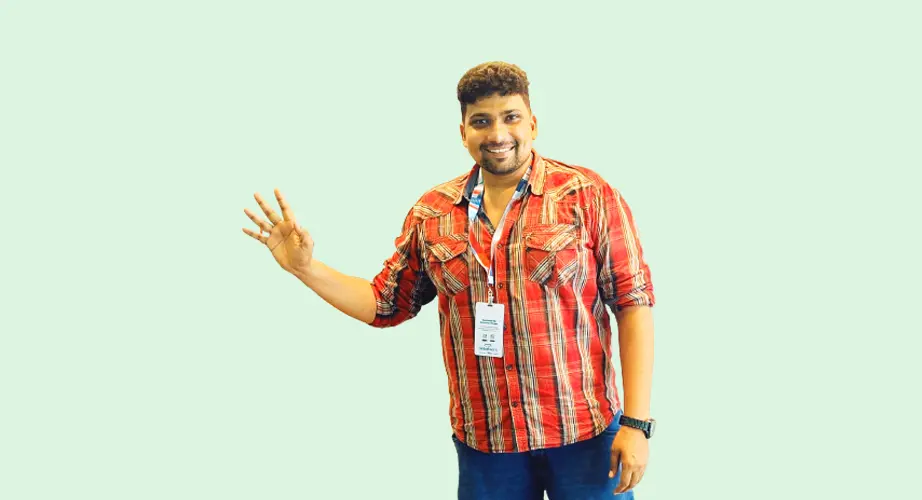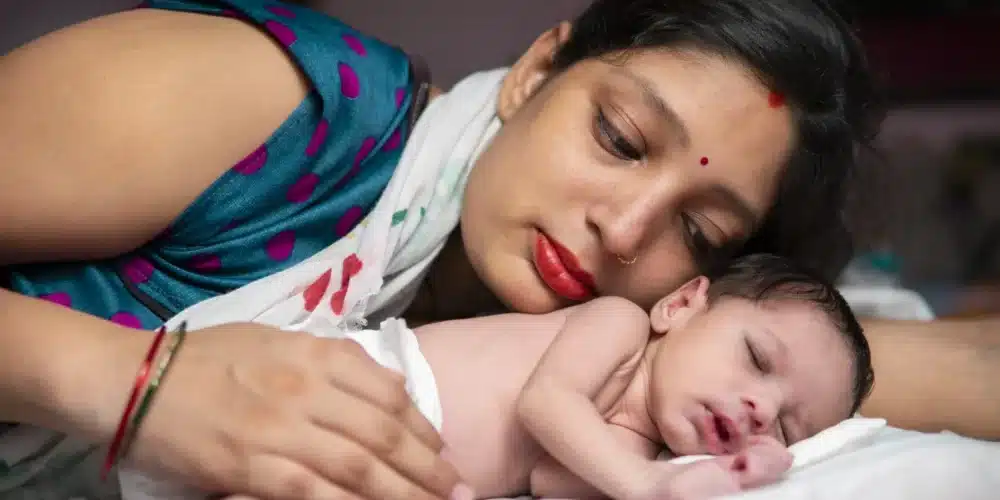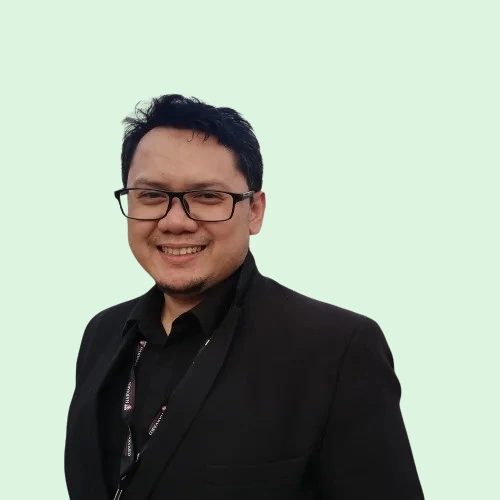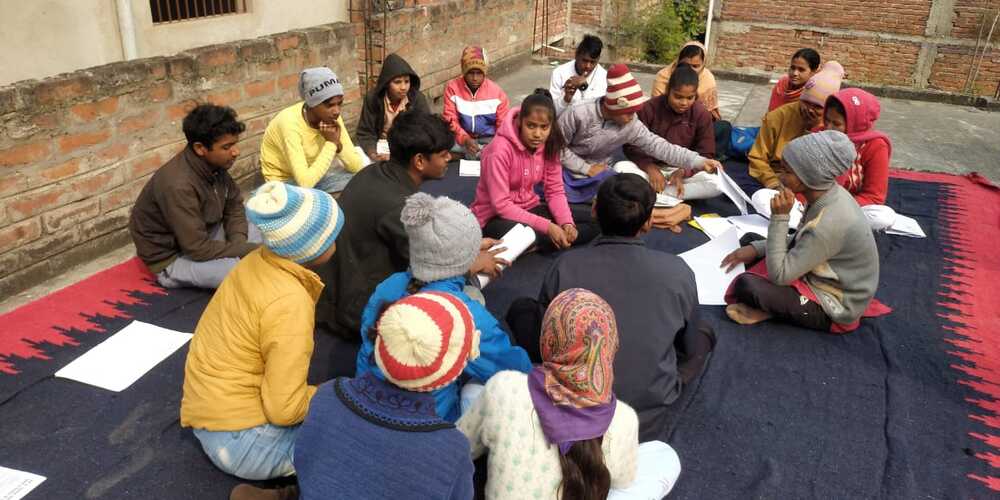
As one of the early members of First Check, I became concerned about the impacts of the work of fact-checking on mental health. I undertook a survey during COVID and facilitated a training session on health and wellbeing for fact-checkers during that period. I believe the issues that arose then are still true for the current time.
Whilst the acute lockdowns of COVID have passed, the fractures caused in some areas of society continue. Suspicion, heightened fear, and the distressing feeling that the world is an unsafe place remain. This is true within the fact-checking and journalism worlds as well as society at large.
The survey I undertook was of 100 fact-checkers across India and the findings where both concerning and comforting. Anecdotal evidence suggests that little has changed since I gathered this data.
The stressors experienced by the fact-checkers predominantly came from moral issues, with 62% of people experiencing psychological distress at the amount of false and misleading information they were exposed to and had to manage online. Graphic or disturbing visual images also catered for 41% of distress, with graphic text being distressing for 37% of fact-checkers.
These factors, alongside increased workload, and lack of distinction between home and work, resulting in poor work-life balance were significant issues for 65% of participants. Whilst fact-checking was identified as a stressful and demanding job, many people reported loving the work and finding significant meaning in feeling that they were contributing to society in an important way.
The protective, self-care factors against the stressful job demands of fact-checking that people reported were physical exercise such as sport (48.5%), humour, laughing and jokes (48%), talking to people who are not in the same profession (47%), maintaining a strong belief that the work is important (37%) and meditation/yoga (37%). These self-care strategies also align with what the research advises us when working in high stress jobs, and they were the foundation of the online training I facilitated.
It is not easy being a fact-checker. Apart from being proactive in self-care practices, it is also important for fact-checkers to sustain a belief in the importance of their work – this is a psychologically protective strategy. The words of one fact-checker speak well to this view – “As a fact-checker, people now rely on me. People trust me as a credible source of information. This is a reward as well as a big responsibility.”

Dr Cait McMahon OAM
Psychologist, media and mental health specialist
Founder, Cait McMahon Consulting (CMC)
Melbourne, Australia









